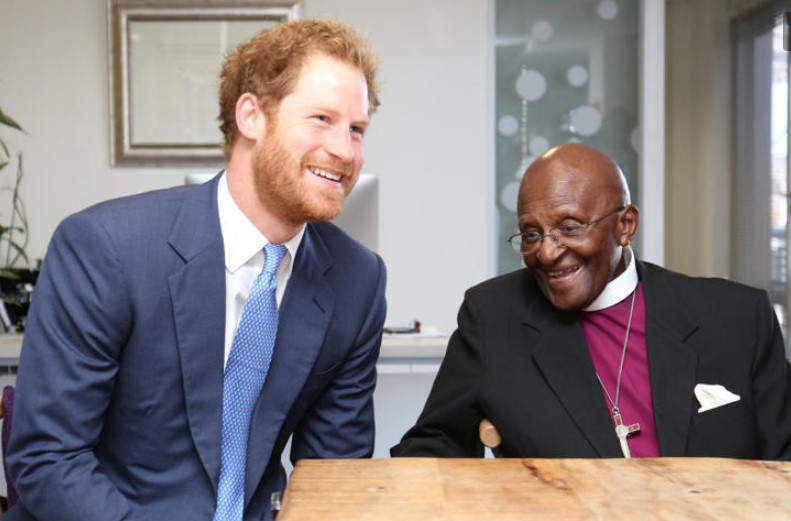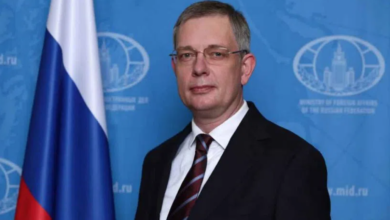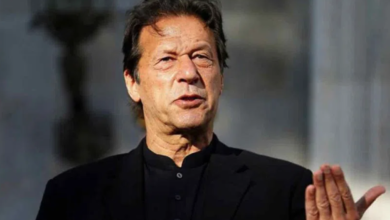Prince Harry reveals he is ‘not religious’ despite Royal family’s deep Christian ties

The Duke of Sussex shows in his memoir how deeply spiritual he is in relation to his memories of his mother Diana, Princess of Wales.
But the powerful religious ties that permeated the life of his grandmother and his father are notably absent from Spare.
In fact, the Duke reveals in his new autobiography that he is “not religious” – despite his family’s historical and significantly close ties with the Church of England.
Broaching the subject after recounting hunting and shooting a stag during his childhood in Balmoral, the family’s Scottish home, the Duke wrote: “I wasn’t religious, but this ‘blood facial’ was, to me, baptismal.”
‘Blooding,’ he explained, is a ritual to initiate newcomers into the hunting ranks and a show of respect for the animal killed, writing that it is “an act of communion by the slayer”.
He continues by revealing that conversely, King Charles – or “Pa” – was “deeply religious”, adding: “He prayed every night, but now, in this moment, I too felt close to God.”
However, the Duke does not elaborate on the proximity he felt to religion while hunting as a young boy. The other mention of religion in the book relates to him getting spanked at school with the Bible.
He said: “There was one particular teacher who, whenever he caught me, would give me a tremendous clout, always with a copy of the New English Bible. The hardback version.
“It is indeed, I always thought, a very hard back.
“Getting hit with it made me feel bad about myself, bad about the teacher, and bad about the Bible.”
Meanwhile, the book is littered with spiritual references, including speculating that “some force in the universe” was repeatedly blocking the King’s wedding to the Queen Consort and believing that an encounter with a leopard was a sign from his mother.
Prince Harry even suggests that the universal force behind the wedding disruption might be his mother too.
He wrote: “I couldn’t help but think that some force in the universe (Mummy?) was blocking rather than blessing their union. Maybe the universe delays what it disapproves of?”
Describing his encounter with a leopard in Botswana, he said: “I was thinking about Mummy. The leopard was clearly a sign from her, a messenger she’d sent to say: ‘All is well. And all will be well.'”
Given the spiritual references in his memoir, it may come as a surprise that the Duke fails to mention the subject more, particularly given the Royal family’s well-known piety.
Queen Elizabeth II’s role as Defender of the Faith and supreme governor of the Church of England was one that she felt was closely connected to. It was also an important aspect of her personal life.
In June last year, she was presented with a special Canterbury Cross for her “unstinting service” to the Church of England over the last 70 years.
The Archbishop of Canterbury gave the late Queen the small silver cross, inspired by a ninth century Saxon brooch and incorporating a triquetra pattern, as a “heartfelt symbol” of the Church’s “love, loyalty and affection” to her.
The Most Rev Justin Welby said Elizabeth II’s life was “an example of a Christian life well led”.
She would often speak of the strength she drew from her Christian faith and would recite Christ’s teachings as an example to herself and the nation.
In her 2016 Christmas address, which followed a year of political turmoil in Britain, she said: “Even with the inspiration of others, it’s understandable that we sometimes think the world’s problems are so big that we can do little to help.
“Christ’s example helps me see the value of doing small things with great love, whoever does them and whatever they themselves believe.”
King Charles, the new head of the Church of England, has described himself as “a committed Anglican Christian” who holds beliefs that have “love at their very heart”.
Last September, he pledged to protect the multiple faiths of a diverse Britain “no less diligently” than Christianity – a nod to his long-standing work to promote “interfaith dialogue”.
Addressing religious leaders during a reception at Buckingham Palace, the King promised to “protect the space for faith itself” and to uphold the numerous “religions, cultures, traditions and beliefs to which our hearts and minds direct us as individuals”.







